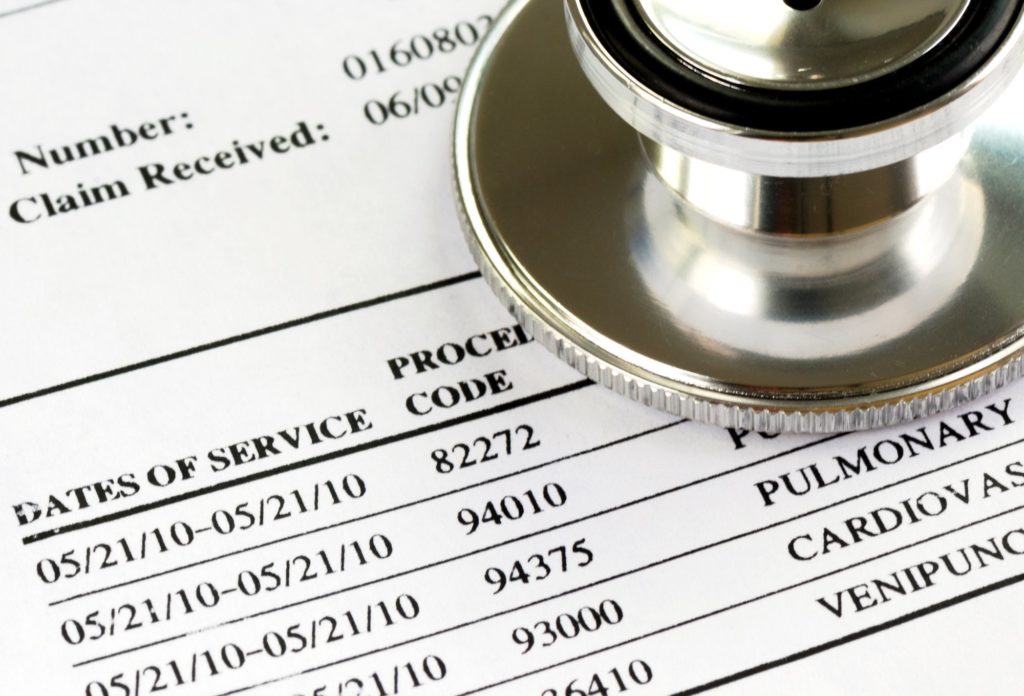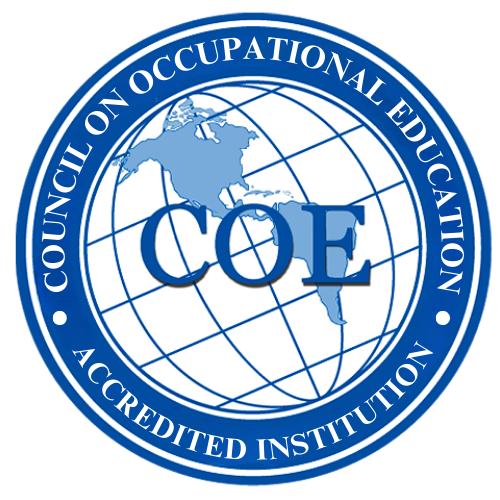The average salary for medical coders in 2023 is over $80,000. Being a medical coder and biller isn’t only lucrative. It’s also very high in demand.
The career path for medical billing and coding is pretty straightforward. You’ll need to meet a few prerequisites to get into a good program.
Once you complete your training, it’s recommended to do an internship before going for your certification. Continue reading to learn more.
What Is Medical Billing and Coding?
A medical billing specialist is responsible for all patient data. By going down the medical coding career path, you’ll learn how to turn someone’s diagnosis into code that you send to insurance companies. This will allow the practice where you work to get paid on time and get what they’re owed for their services.
There is a small difference between medical billers and coders, but they work together. As stated above, coders create the codes. Billers take these codes and write up a claim based on what they’re given.
No matter which role speaks more to your skill set, both are in demand and pay well.
How Long Will It Take You to Get Your Certification?
If you’re interested in taking the medical billing career path, you’ll be happy to know that it will only take you about a year to get your certification.
Of course, some choose to expand their education by taking on an internship or signing up for advanced courses.
Understanding the Career Path for Medical Billing and Coding
Now that you know a little more about what it means to be a medical biller and coder, we can get into how to start on this exciting career path.
There are a few prerequisites you’ll need to meet before joining a program. From there, it’s all a matter of completing your training, doing an internship, and earning your certification.
Meet the Prerequisites
To pursue a medical biller and coder program, you’ll have to get your high school diploma or GED first.
While it’s not required for you to pursue a bachelor’s or even an associate’s degree, it will make you a stronger job candidate.
Complete Your Training
If you do decide to attend a program at a university, you’ll need to make sure that it’s accredited by the Accrediting Bureau of Health Education. Most schools will advertise this on their website.
Once you enter a program, you’ll take classes that will teach you everything you need to know about medical terminology, revenue cycle and billing, health care communication, medical law and ethics, diagnostic coding, procedural coding, anatomy, and claims cycles.
Do an Internship
Some employers will expect you to have a few years of work experience. Luckily, internships count. That’s why it’s recommended to do one while you’re still in school.
If you make a good impression during your internship, your supervisor may hire you on the spot once you graduate. If they can’t hire you because they don’t have an opening, they could point you in the direction of a colleague of theirs who does.
Doing an internship will also allow you to take the skills that you learn in the classroom and apply them to real-life scenarios.
Before you begin applying for internships, you should know that while some of them are paid, not all of them are. You may go in with only the promise of experience as compensation.
Earn Your Certification
After you graduate school and finish your internship if you choose to do one, it will be time to earn your certification. While some employers require a certification, not all of them do. However, having one will make you a stronger candidate.
Taking the exam and coming out with a certification in hand allows you to show off all the knowledge and skills that you picked up in school. If you intend to go into a specific field such as family care or anesthesia, you’ll need to have a specialized certification on top of your general one.
What Can You Do With Your Medical Coder Certification?
Once you get your medical coding and billing certification, there are several things you can do with it.
On top of being a biller, you could also be an analyst, records technician, medical records coordinator, or coding specialist.
Medical Biller
Medical billers do a little more than translating code and sending it to insurance companies.
They can also help patients set up payment plans, review bills, and dispute any declined claims. They essentially act as a mediator between the medical practice and insurance companies.
Billing Analyst
As a billing analyst, providing top-notch customer service will be your priority. It’s your job to review a patient’s bill to ensure that they’re charged the right amount.
You’ll also be in charge of answering any billing-related questions and reviewing and correcting invoices. On occasion, you may need to spend some time on the phone with insurance companies to get clarification on billing matters.
Records Technician
Medical records technicians make sure that a patient’s records are accurate before passing the files on to the coders. When a patient’s medical records change, they’ll make the necessary updates in the system.
Sometimes records technicians also transcribe records into code, but not always.
Medical Records Coordinator
Medical records coordinators are on the senior side of the career path for medical billing and coding.
They’re professionals who maintain a patient’s confidential records and make sure doctors and nurses are reporting the correct information.
Medical Collector
Medical collectors work with patients who have overdue payments. Most collectors work directly with the medical facility or a collection agency.
Of course, as a medical collector, you won’t be the bad guy knocking on a patient’s door. It will be your job to work with them to set up an alternative payment plan.
Coding Specialist
Coding specialists are the ones who summarize a patient’s doctor visit in the form of code. They’ll record the patient’s diagnosis, medical prescriptions, therapies, treatments, and surgeries.
As stated above, billers use this information to work with the patient’s insurance company.
How to Find Medical Coding Jobs?
Before applying for medical coding jobs, you’ll need to take a moment to polish your resume. Joining an association will help your odds.
You should also consider doing volunteer work or working the front desk at a medical facility to give yourself a leg up.
Polish Your Resume
Before you begin putting in applications for healthcare jobs, it’s important to make sure your resume includes all your certifications.
Your resume gives you a page to brag about yourself to some degree. List off your skills and mention the programs that you were part of.
Your resume should also tell potential employers about your work history. That includes any volunteer work or internships.
Join an Association
Joining an association could help you find a job. They also offer opportunities for continuing education, networking events, training resources, and information on the latest medical news.
There are two main associations that are relevant for billers and coders. These are the American Health Information Management Association and The American Association of Professional Coders.
Work the Front Desk of a Healthcare Facility
When it comes to applying for healthcare positions, any experience is good experience. While you may not want to work as a receptionist for the rest of your life, it could be the gateway you need to upgrade to a coding or billing job.
In fact, if you create a good relationship with the hiring manager, you’ll be the first person they reach out to when a coding job opens up.
Apply for Medical Record Clerk Positions
Medical record clerks work directly with patient’s files. This will give you experience that you can carry over to a medical coder or biller job.
You’ll be working in facilities that also hire coders and billers, so as long as you make a good impression, you’ll be one of the first people that the hiring managers look to.
Volunteer
Volunteer work looks good on a resume and it can fill any glaring gaps in your work history.
If you’re able to put in your volunteer hours at a medical facility that you’re interested in working at, you’ll have a good opportunity to get into contact with the hiring managers.
Consider Job Shadowing
Do you have a family member or friend who’s in the medical coding and billing industry? Reach out to them and ask if you can job shadow them. Doing so will allow you to learn a little bit more about the profession in a low-stress environment.
You can ask any burning questions you have about the facility and get in contact with the hiring managers at the same time.
Climbing the Medical Billing and Coding Career Ladder
Going down the career path for medical billing and coding takes a lot of work, but anything worth doing is. Once you graduate from high school and choose a program, the entire process will be over before you can blink.
Healthcare Career College has been helping prospective coders and billers find success since 1990. Contact us to book an information session today!



